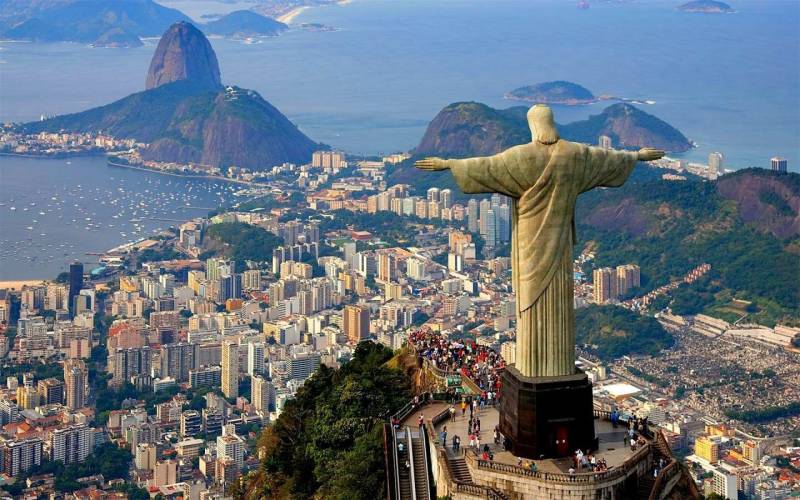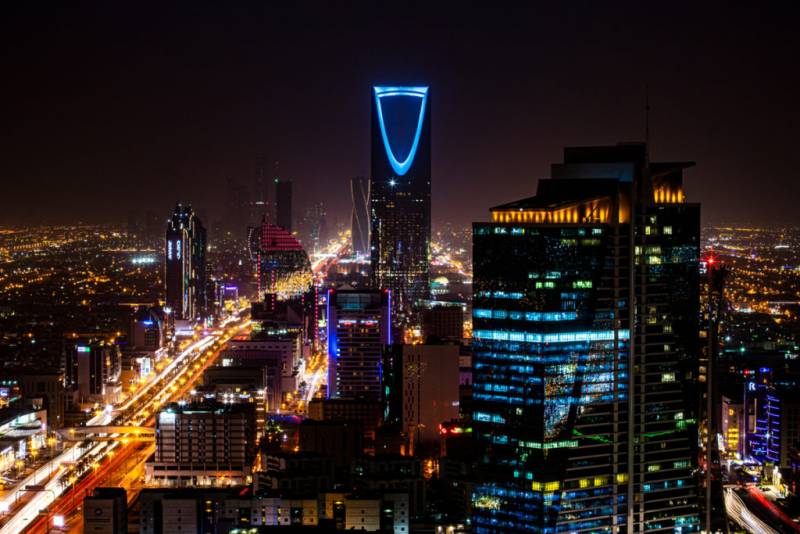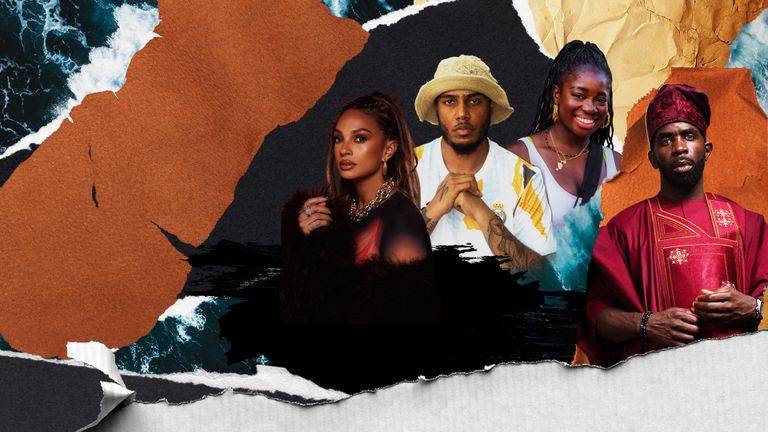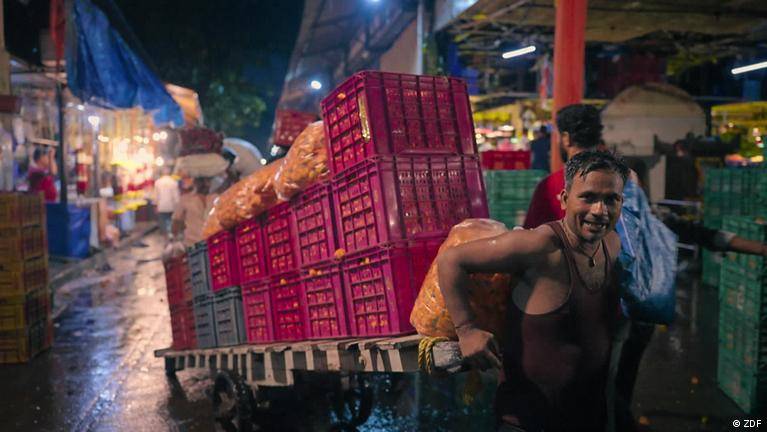ROME — Canada will donate 10 million doses of Moderna’s COVID-19 vaccine to the COVAX vaccine sharing facility and another $15 million to help make mRNA vaccines in Africa, the Prime Minister announced Saturday.
Article content
Justin Trudeau revealed details of the donations in Rome while attending the G20 leaders’ summit. Canada would also increase its financial contribution to the global vaccine sharing alliance, he said, with a goal of donating or paying for at least 200 million vaccine doses for low and middle income countries by the end of next year.
Canada has previously promised to donate 40 million doses from its own contracts, and pay for an estimated 87 million more through more than $500 million in cash donations to COVAX.
To date, 3.4 million doses have been delivered from Canada’s contracts. The funding has been delivered, but it’s not clear how many doses have been purchased with Canada’s money.
Securing supplies of vaccine is tricky because wealthy countries snapped up most of the early supplies.
Deputy Prime Minister Chrystia Freeland said Canada is one of only six countries that have donated their fair share to what is known as the ACT accelerator, an international program helping fund COVID-19 testing and treatments for countries struggling to afford them.
“We are standing up and doing our share,” she said during a news conference in Rome. “And that is absolutely the right thing to do.”
Freeland said the timing of dose delivery isn’t really up to the government. While Canada has more than 17.5 million shots of Pfizer-BioNTech and Moderna vaccine in federal and provincial freezers, the doses being donated to COVAX will not come from that supply.
Instead, Canada is donating the remainder of doses paid for but not yet received, which means it’s up to the suppliers to provide the delivery schedule.
Article content
“As we have experienced in the provision of doses to Canada itself, it’s hard to be exactly precise,” Freeland said. “And maybe particularly hard for Canada since we’re not manufacturing this stuff ourselves. But let me just say we expect those Moderna doses to be delivered quickly.”
Vaccine inequity is a hot topic of discussion at the G20, as the leaders’ of the world’s biggest economies grapple with economic recovery from the COVID-19 pandemic. The International Monetary Fund has warned the uneven vaccine program is delaying the economic recovery in the poorest countries.
Italian Prime Minister Mario Draghi, the host of this year’s summit, said in his opening remarks Saturday that the inequitable delivery of vaccines is “startling.”
Article content
The world’s wealthiest countries have vaccinated more than 70 per cent of their citizens, while the poorest have vaccinated fewer than three per cent.
Almost three in four Canadians are now fully vaccinated against COVID-19 compared with only one in 20 people in Africa.
“These differences are morally unacceptable and undermine the global recovery,” Draghi said.
Stuart Hickox, Canada Director at the anti-poverty organization ONE Campaign, said the number of booster shots administered by the world’s wealthiest countries is already twice as high as the number of first doses given out by low and middle-income countries.
“While we are already talking about third doses here, half of the world still awaits a lifesaving first shot. It’s great to see the Government take these urgent steps,” he said. “The pandemic won’t really end here at home until it ends everywhere.”
Article content
There is alarm over the slow pace of global donations. Wealthy countries pledged to donate 1.3 billion doses to COVAX, but only 150 million have been delivered to date.
World Health Organization Director-General Dr. Tedros Ghebreyesus asked the G20 leaders on Friday to immediately donate another 550 million doses so that 40 per cent of the world’s population can be vaccinated by year’s end.
Draghi noted that goal is not far off — 38 per cent now — but it will take the fulfillment of the WHO’s request for more than half a billion more doses to hit 40 per cent.
Freeland said she is optimistic others will also step up with more doses to donate.
“Canada certainly is in a position to say, as we have been saying in these meetings to our international partners, ‘it would be good for you guys to all step up as well.”
In addition to the new doses, Canada will also donate $15 million to a new technology transfer hub for mRNA vaccines being built in South Africa to help teach African companies to manufacture vaccines like those made by Moderna and Pfizer.
But Freeland did not indicate Canada was yet willing to agree to waive intellectual property rights for COVID-19 vaccines through the World Trade Organization. Ghebreyesus repeated his call for such action on Friday, noting the protective rules are a barrier to increasing vaccine production.
SOURCE : VANcouversun




